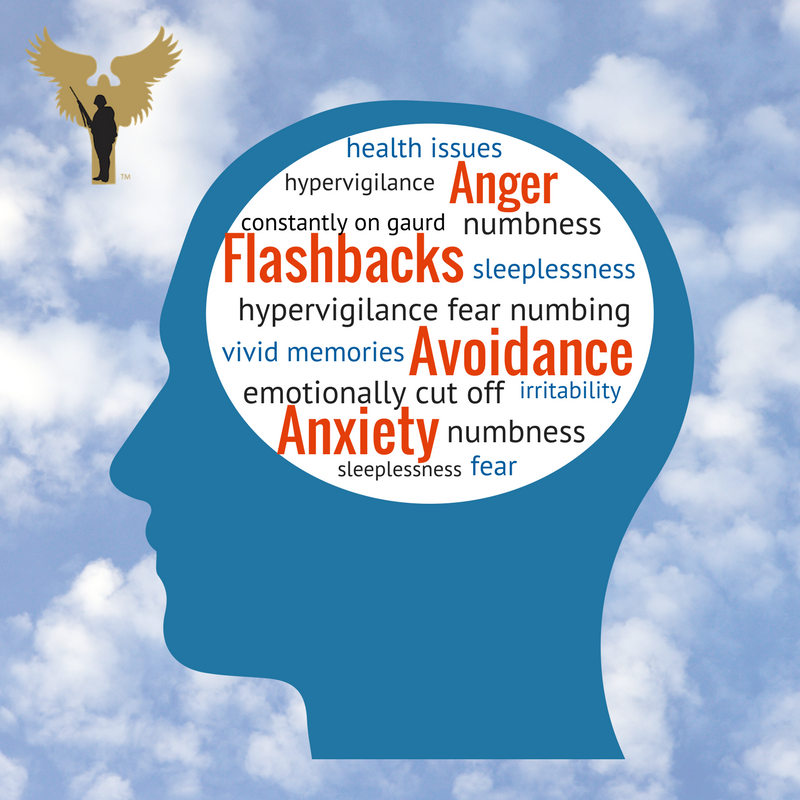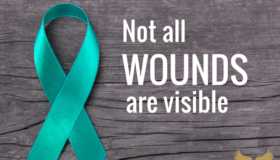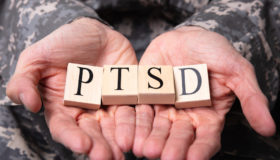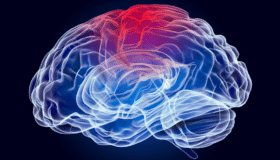PTSD: Know the Signs
June 22, 2017

June is PTSD Awareness Month. PTSD, which stands for Post Traumatic Stress Disorder, is something that many of our heroes suffer from after deployment. In fact, over 540,000 veterans have been diagnosed with PTSD.
PTSD occurs when someone has experienced severe trauma or has gone through a life threatening event in which their life or the life of someone else was in danger. Military personnel on deployment are often in situations that can cause trauma. From combat to missions in which they must be alert at all times, there are multiple situations in which trauma can occur in the military.
Here are some numbers from the Department of Veterans Affairs:
- 11-20% of those who served in Operations Iraqi Freedom (OIF) and Enduring Freedom (OEF) have PTSD in a given year.
- 12% of Gulf War (Desert Storm) Veterans have PTSD in a given year.
- 30% of Vietnam Veterans have had PTSD in their lifetime.
Whether you are in the military or have a military family member or friend, it’s important to know the signs and symptoms of PTSD so that it can be treated right away. Here are the most common symptoms:
- Recurring nightmares, vivid memories, or flashbacks about the event
- Sleeplessness
- Feelings of numbness or emotionally cut off from others
- Anger or irritability
- Being constantly on guard
- Trouble concentrating
People with PTSD often try every way possible to take their minds off of the trauma they’ve experienced. That could be by avoiding certain people, places or situations; taking drugs or alcohol to numb the pain; constantly working to stay occupied; and pulling away from others.
PTSD can make life hard to live, it can cause relationship problems, and can lead to severe depression and/or suicide. It’s important our heroes know that it is not a sign of weakness and is something that can be treated with medication and/or therapy.
If you or someone you know is experiencing these signs and symptoms, here are some resources to know about.
Department of Veterans Affairs
The U.S. Department of Veterans Affairs has a great resource page on their website.
DoD’s BeThere Peer Support Call and Outreach Center
The DoD has a new center called BeThere. The center provides peer support for everyday challenges service members and their families face to keep daily issues from becoming larger problems.
BeThere peer support services are available to all Active Duty, National Guard, Reservists and their family members. The center’s peer specialists are Veteran and military spouses who use their military-life experience and training to offer understanding and support by calls, texts or live chats — 24/7/365. There is no call limit and no appointments are necessary.
Objective Zero App
Created by veterans, the Objective Zero App hopes to combat service member suicide with their app, which provides 24-hour support for service members in crisis.


